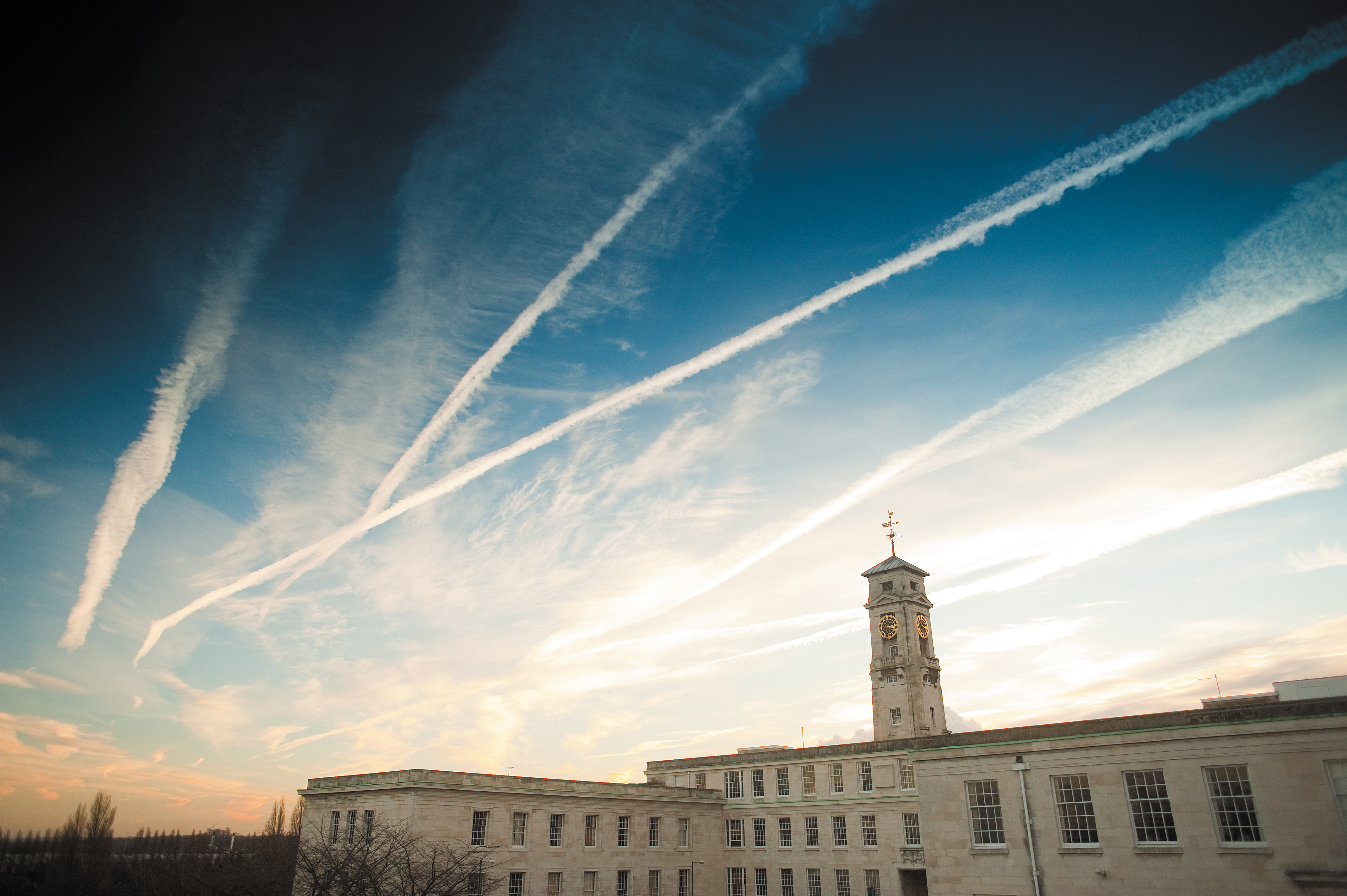Joe Duggan, a science communicator, asked climate scientists to express their feelings about climate change. He asked them to write letters, which is a great idea; it is a way of communication that bridges the gap between their professional work as scientists and their emotions: "(...) they're not robots. These scientists are mothers, fathers, grandparents, daughters. They are real people. And they're concerned."
I am both fascinated by and frustrated by climate change. A lot of my working life is about studying climate change, and the way the climate system works is really fascinating to me. Understanding a little bit more over time is thrilling. Then I look at my children and think about what I know is coming their way and I worry how it will affect them. Gabi Hegerl
Scrolling through these letters makes a good and interesting read. Climate change is as much a novel as it is a calculation. Take your time, and figure out for yourself how it feels.















